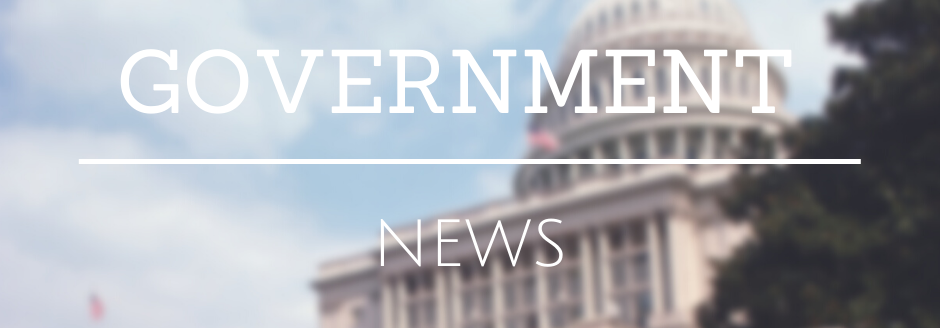How much agreement among scientists do you need before you can say “science says”—or require a company to say so?
That was the issue before a panel of judges in the Ninth Circuit as a California lawyer argued before a Ninth Circuit panel on April 19 that the state should be able to require a label for products containing glyphosate to state that they can cause cancer—even though a federal judge has barred the state from requiring such claims, because there is no scientific consensus.
In 2020, U.S. District Court Justice William Shubb permanently barred California from requiring such claims, ruling that the science was inconclusive and that requiring a company to make such a statement amounted to “compelled speech” that violated the company’s First Amendment rights.
As part of its efforts to put glyphosate-related controversies behind it, Bayer has pledged to eliminate glyphosate as an ingredient in its products for residential use beginning in 2023. In a 2021 press release, Bayer said, “This move is being made exclusively to manage litigation risk and not because of any safety concerns. As the vast majority of claims in the litigation come from lawn and garden market users, this action largely eliminates the primary source of future claims.”
Bayer resolved approximately 150,000 suits last year with a settlement of nearly $10 billion, but faces another 30,000 suits, and possibly more.
But Bayer has also strongly defended glyphosate on scientific grounds. California first suggested a warning label after a single study by the International Agency for Research on Cancer found in 2015 that there was a probable link between glyphosate exposure and cancer. Bayer points to hundreds of studies that reached the opposite conclusion. The Environmental Protection Agency itself has not found a link.
According to Courthouse News, the April 19 hearing, California supervising deputy attorney general Laura Zuckerman said Shubb’s ruling was in error because the warning about the chemical is factual. “Even though EPA has a different view of the science, it concludes that this warning provides a sufficient description of its position that is neither false nor misleading,” Zuckerman said. Three years ago, EPA released an interim decision concluding there is not enough evidence that glyphosate causes cancer in humans. But in June 2022, the Ninth Circuit ordered it to reexamine that determination and found the agency did not adequately consider whether or not glyphosate causes cancer.
The panel has not indicated when it might rule on the labeling issue.
David Murray can be reached at [email protected].


